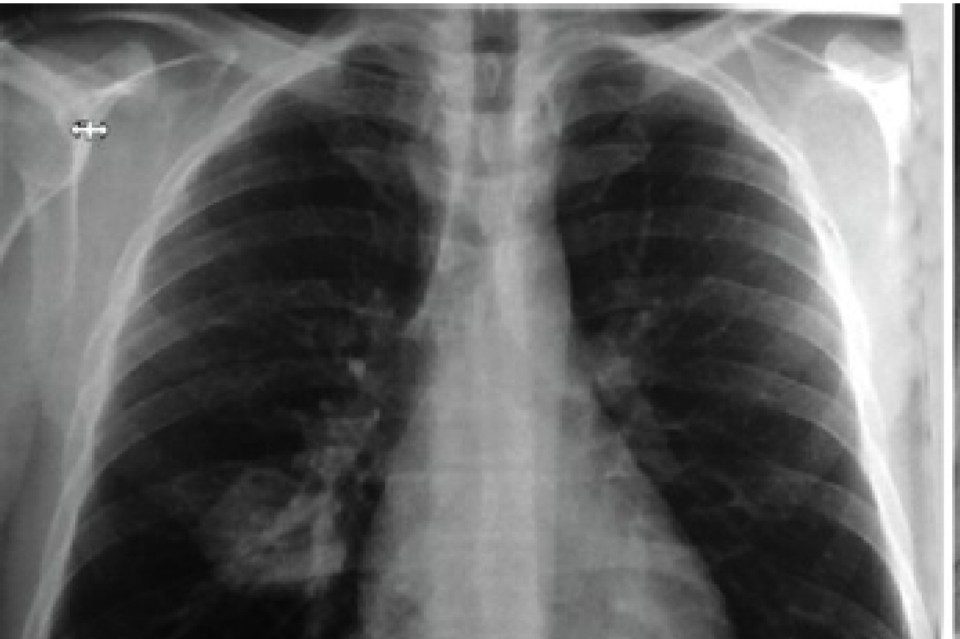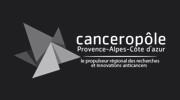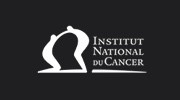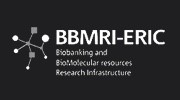Say “no thanks” to the first cigarette offered. Or crush the last one and decide that it will be the last. On the eve of tobacco-free month, these are the strong messages conveyed by prevention campaigns.
To prevent tobacco-related illnesses, the most effective thing to do is not to smoke, or to wean yourself off if you’ve been caught in the net. “Not so simple”, will comment those who have been suffering from this addiction for years, even decades, even if they are well aware of the risks involved, and dread them.
At the top of the list of risks is lung cancer, a disease considered to be formidable unless detected at an early stage. And this is the aim of the experiment starting in the Southern Region, designed to confirm the benefits of targeted screening in terms of mortality.
But the “good” news also concerns severe forms, depriving the “aquabonists” – those who think it’s too late to stop smoking – of any arguments. This encouraging information comes from one of the world’s leading experts on the disease, Prof. Hofman, Director of the IHU RespirERA, at the close of the congress he organized on October 9 and 10 in Nice, bringing together the world’s leading specialists in this disease.
“Targeted therapies, immunotherapies and, more recently, toxic conjugated antibodies… The therapeutic arsenal against lung cancer is constantly expanding,” says the specialist from Nice. And a dozen new molecules combining an antibody and a toxic agent are due to hit the French market. These therapeutic molecules target proteins on the surface of tumor cells, which can be distinct from one patient to another.” So-called personalized approaches require these targets to be characterized beforehand.
“Together with the Institut Gustave-Roussy in Paris, we are the only ones in France to have developed immunohistochemical and molecular techniques for identifying these targets in patients, so we’re ready to offer them to our Côte d’Azur patients when the treatments become available,” enthuses Pr. Hofman.
A gain of several years:
These advances offer real hope for the many patients who have reached a therapeutic impasse. “According to the results of clinical trials which are nearing completion, the gain in terms of survival amounts to several years.” In the case of non-metastasized cancers, progress is also tangible with the “therapeutic escalation-de-escalation” procedure, as explained by the specialist: “For early, operable stages, current recommendations are to treat patients with specific mutations for three years (with tyrosine kinase inhibitors) to limit the risk of relapse. The question is: should treatment continue beyond three years? To make this important decision, you need solid arguments. In Nice, France, we have developed a test that measures tumor DNA in the blood, to guide further treatment. If the test results are negative, adjuvant treatment can be discontinued. On the other hand, if we find traces of tumor DNA, we intensify it.”
A personalized approach, guaranteeing the most effective and least toxic treatment.
NANCY CATTAN
Nice Matin

